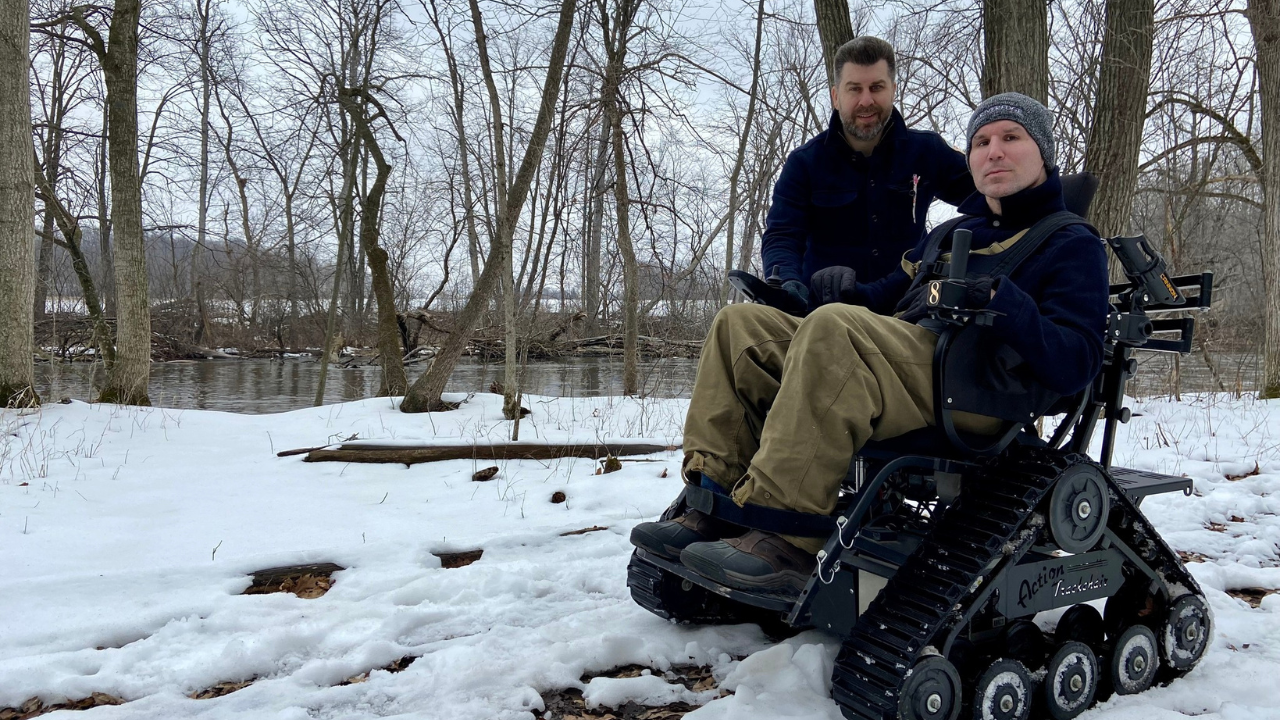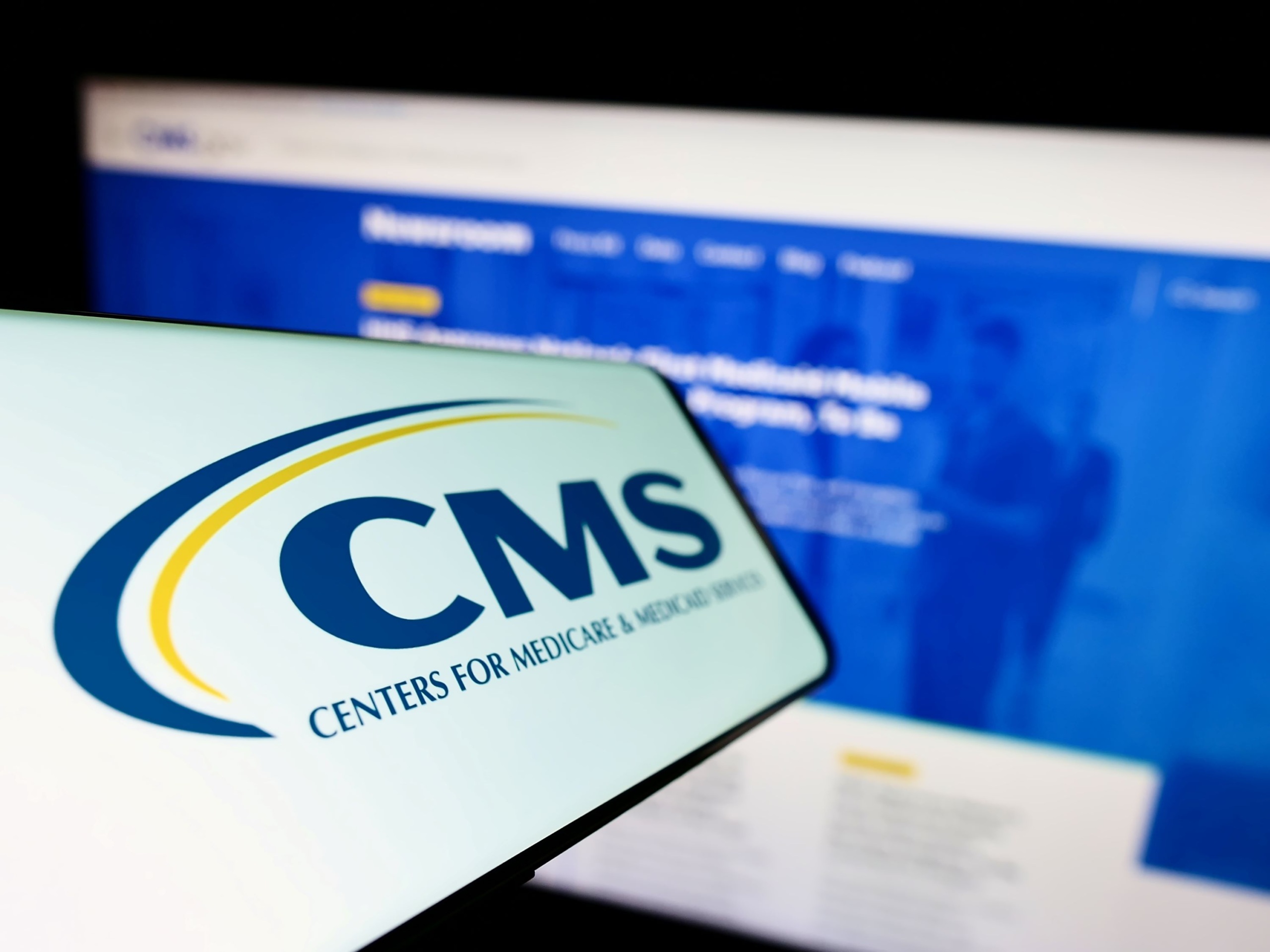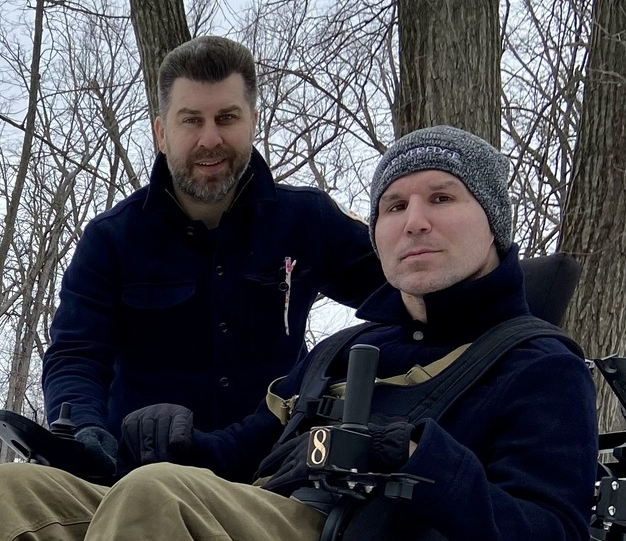Connections - 07.25.25
Presumptive Ability: How Remote Supports Inspires an Asset-Based Approach to Care

Share this page
Stay Informed on the Latest Research & Analysis from ANCOR
More News
Capitol Correspondence - 07.29.25
White House Unveils AI Action Plan with Executive Orders to Accelerate Deployment
Stateside Report - 07.28.25
Stateside Report: July 28, 2025

Capitol Correspondence - 07.22.25
CMS Scales Back Future 1115 Waiver Flexibility for Continuous Eligibility and Workforce Programs



